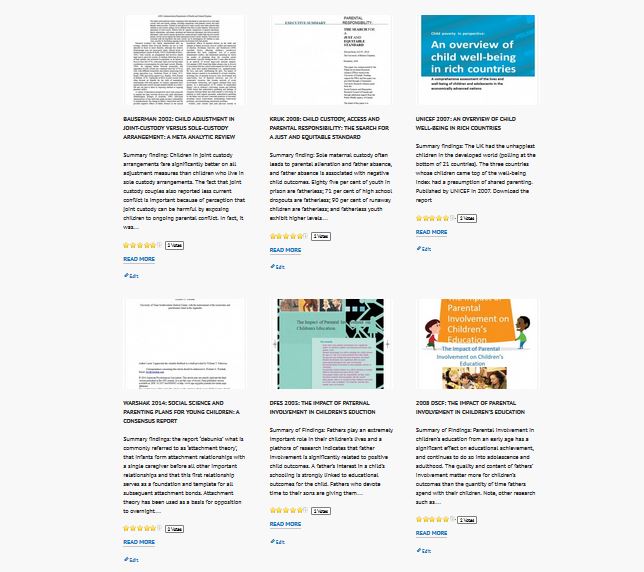An interesting article by Dr. Linda Nielsen, professor of Adolescent and Educational Psychology.
The article provides academic insight into shared parenting legislation and outcomes. Dr Nielson comments that empirical evidence on post-separation shared parenting is not understood or known by many involved in deciding outcomes for children in the United States. Is it so different in the UK?
Why aren’t shared living arrangements the norm when child arrangements orders are made? Section 7 of the draft child arrangements order (CAP04) specifically allows for this…
As Dr Nielsen says, there is a plethora of research which supports shared parenting. Some of that research can be downloaded from The Custody Minefield site:



